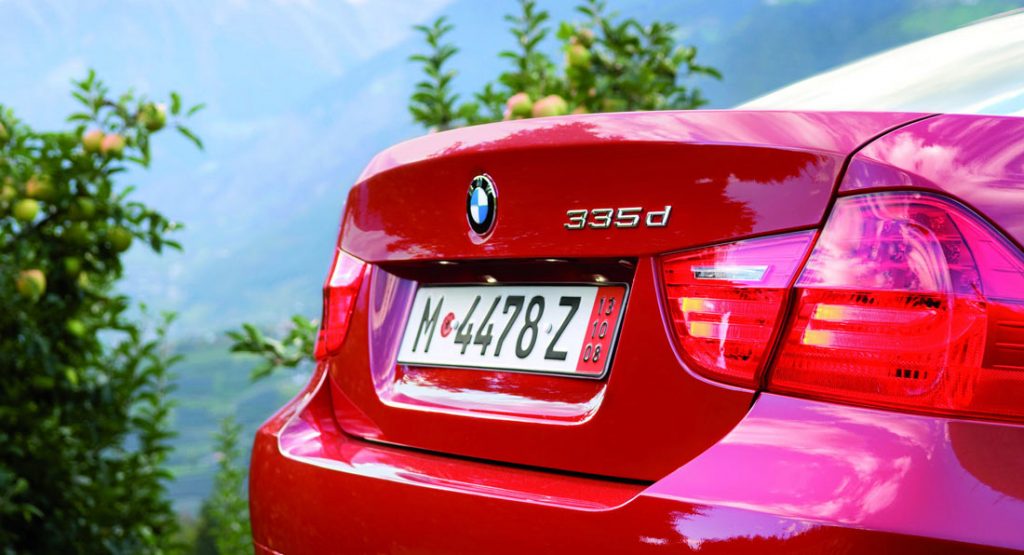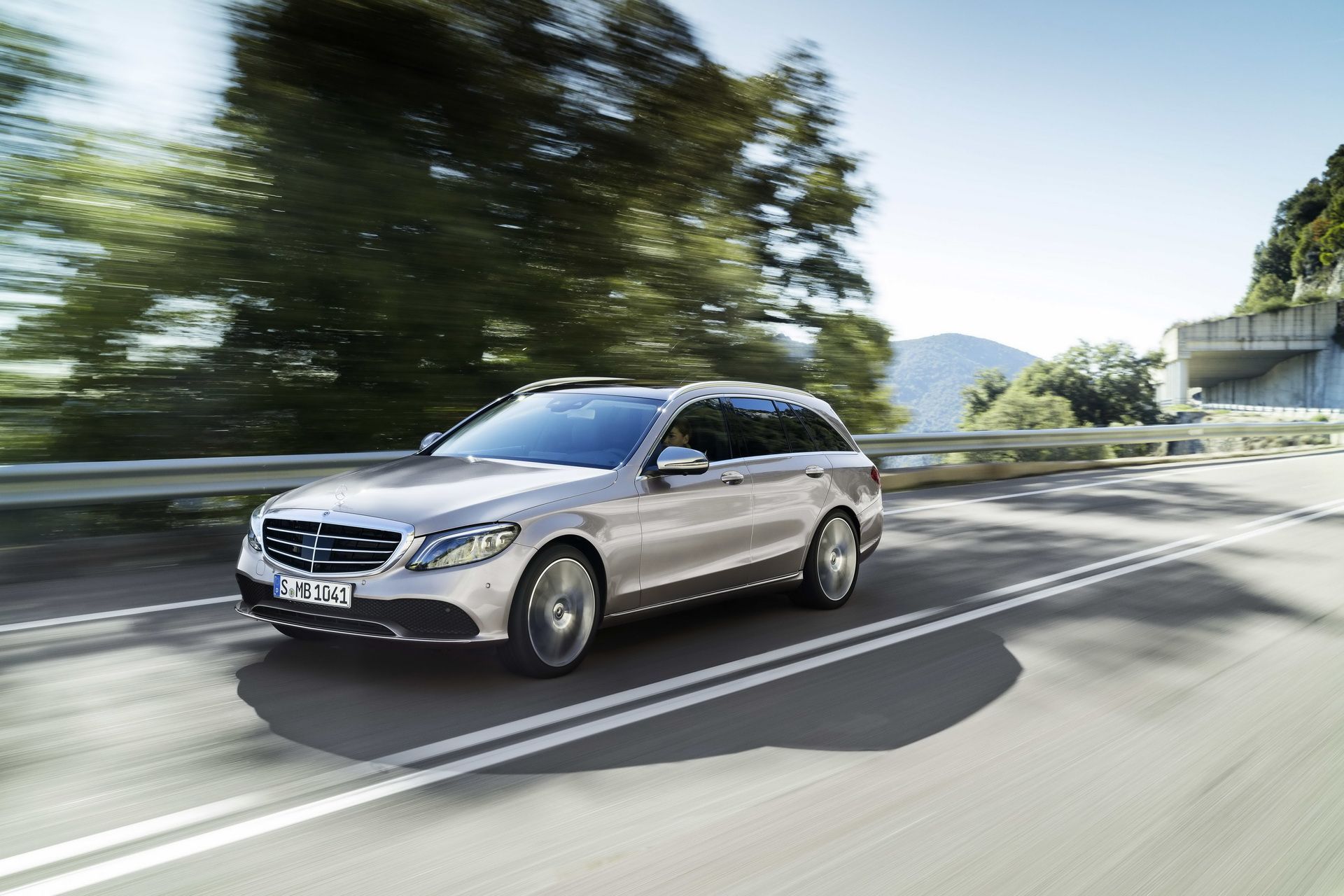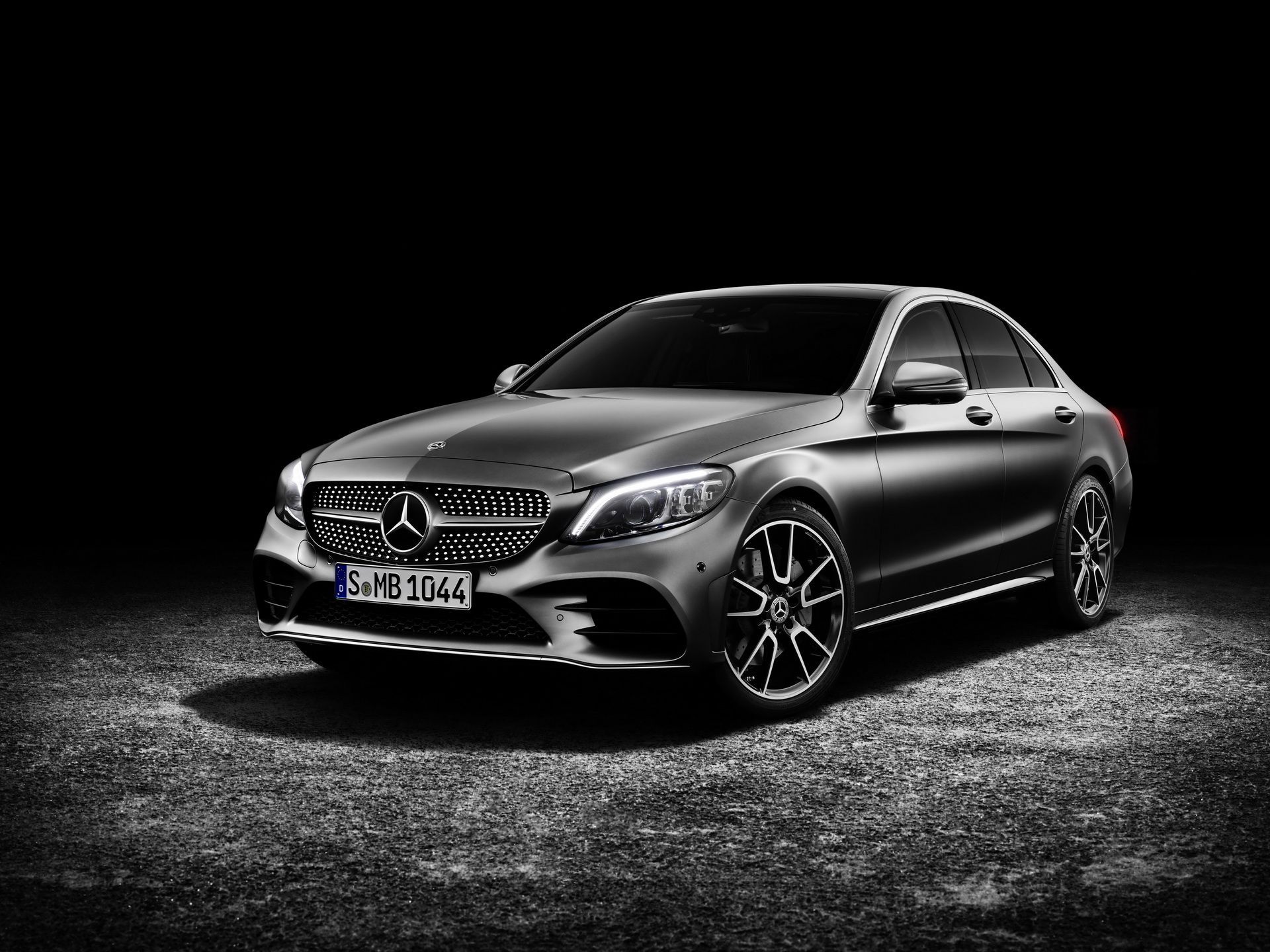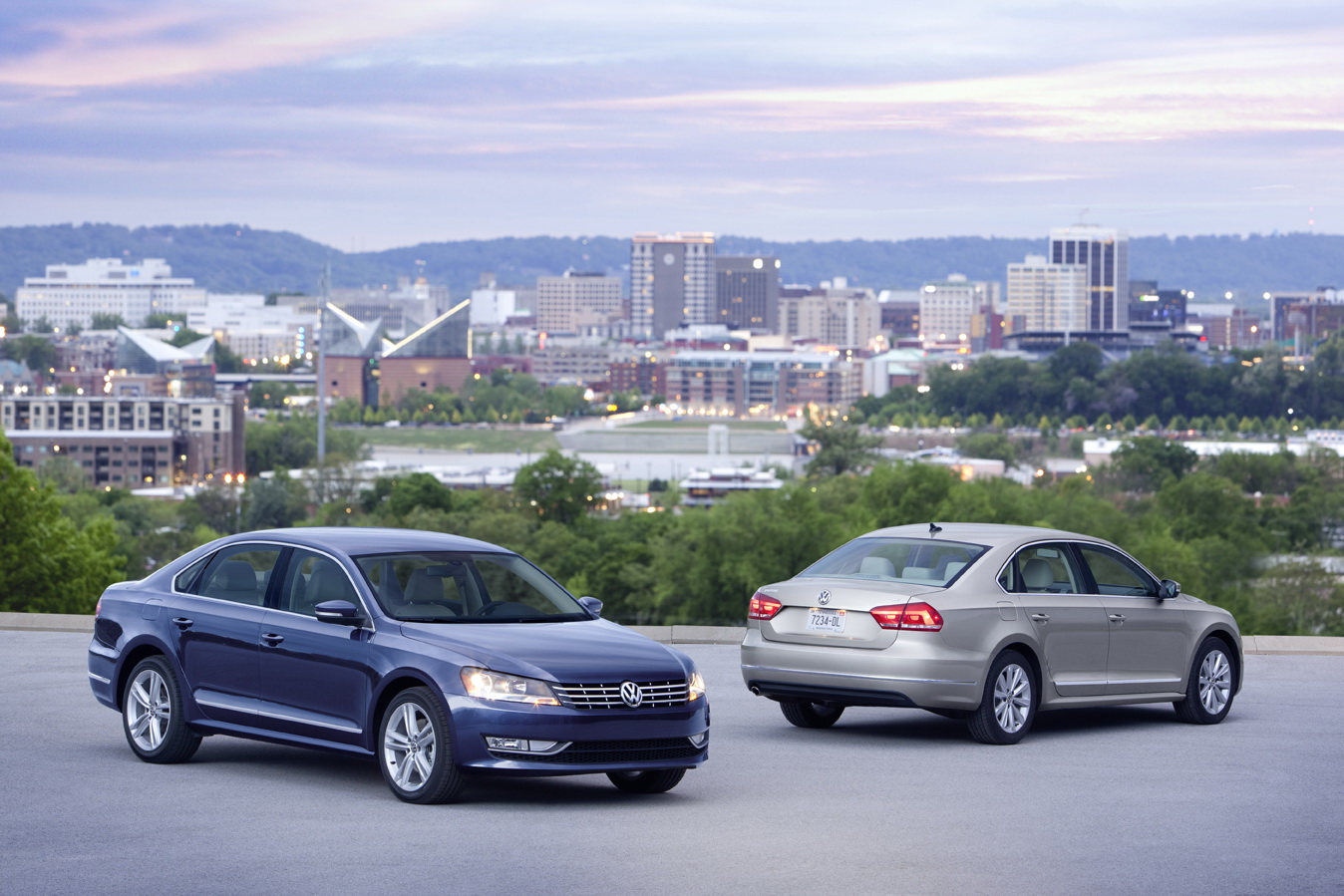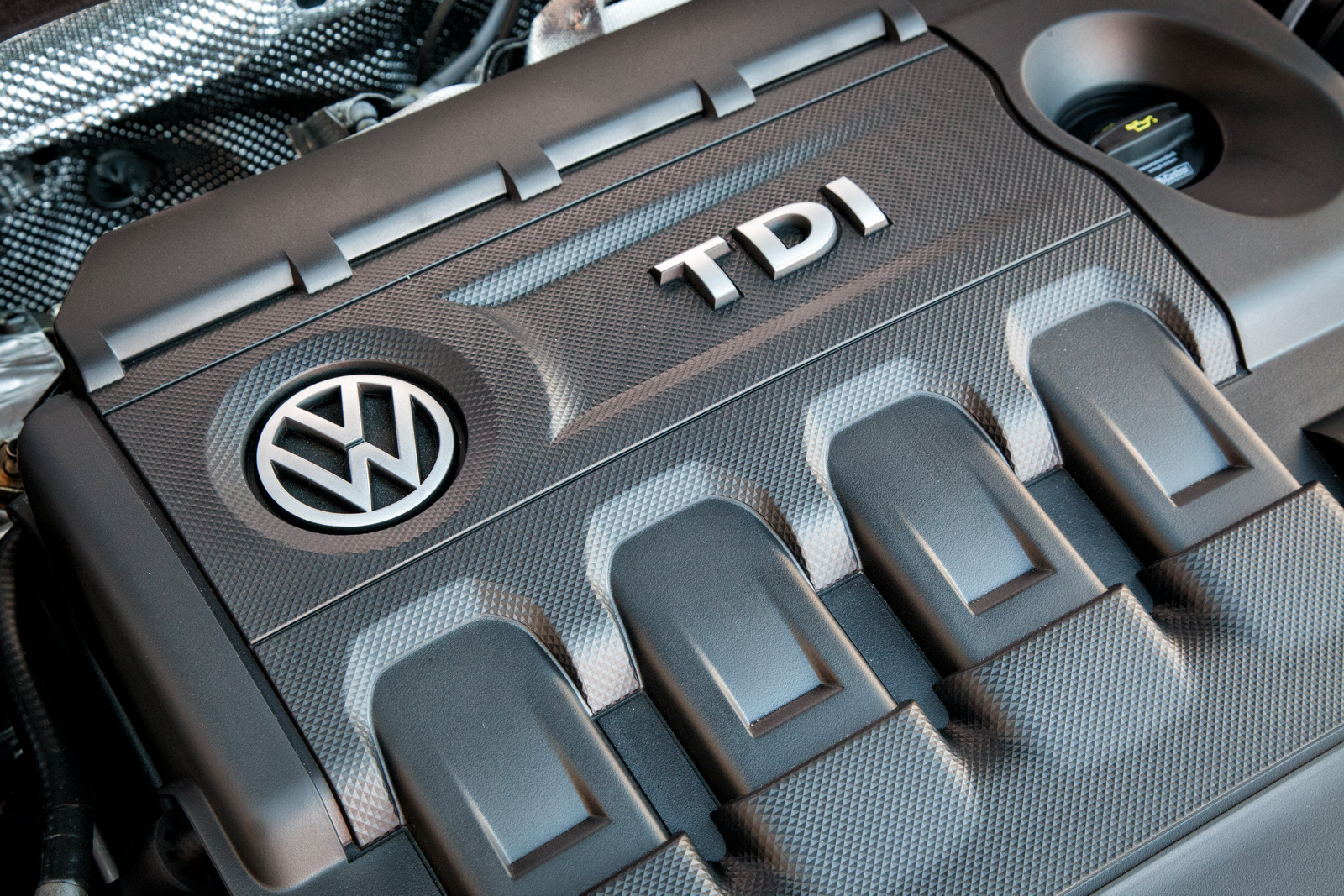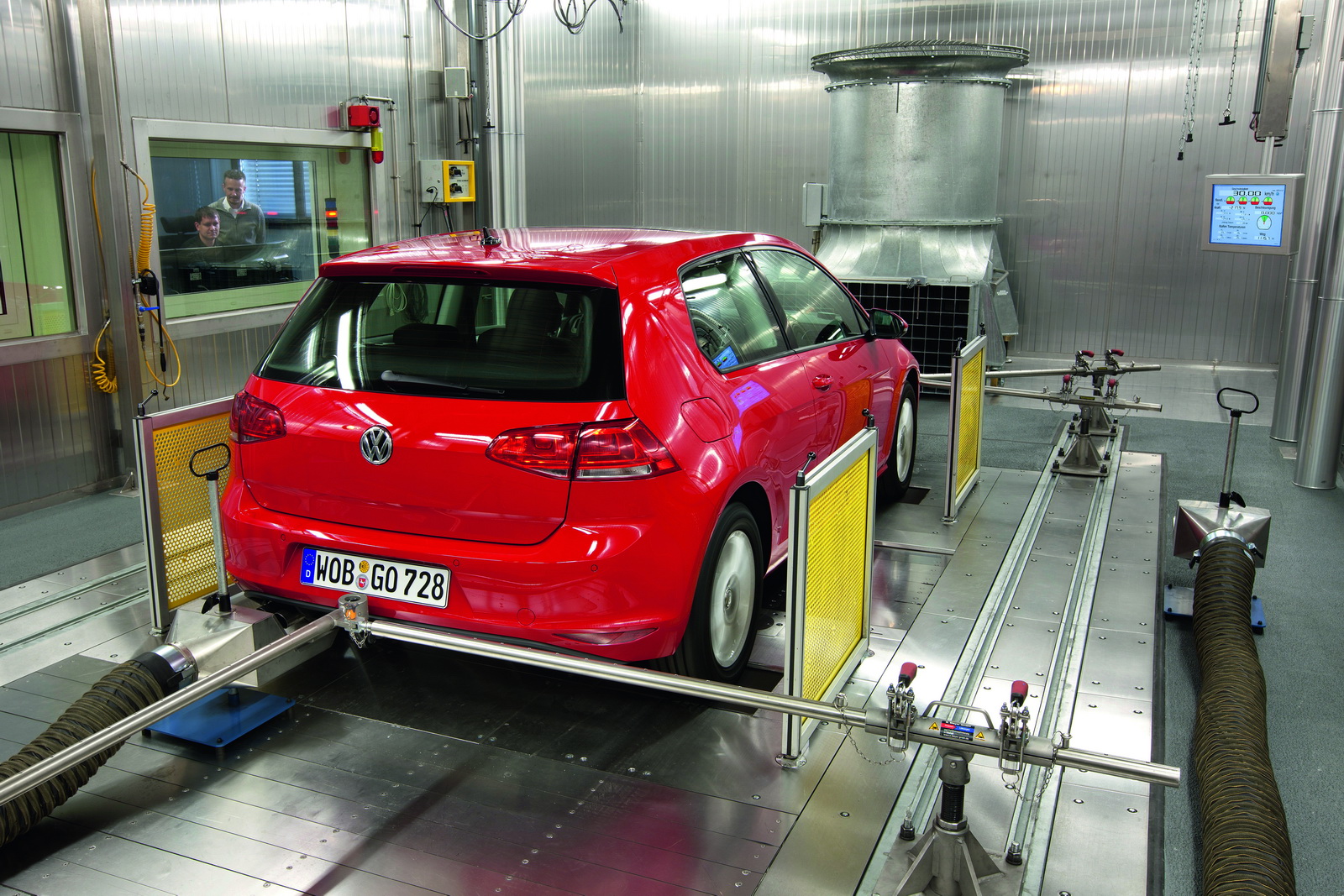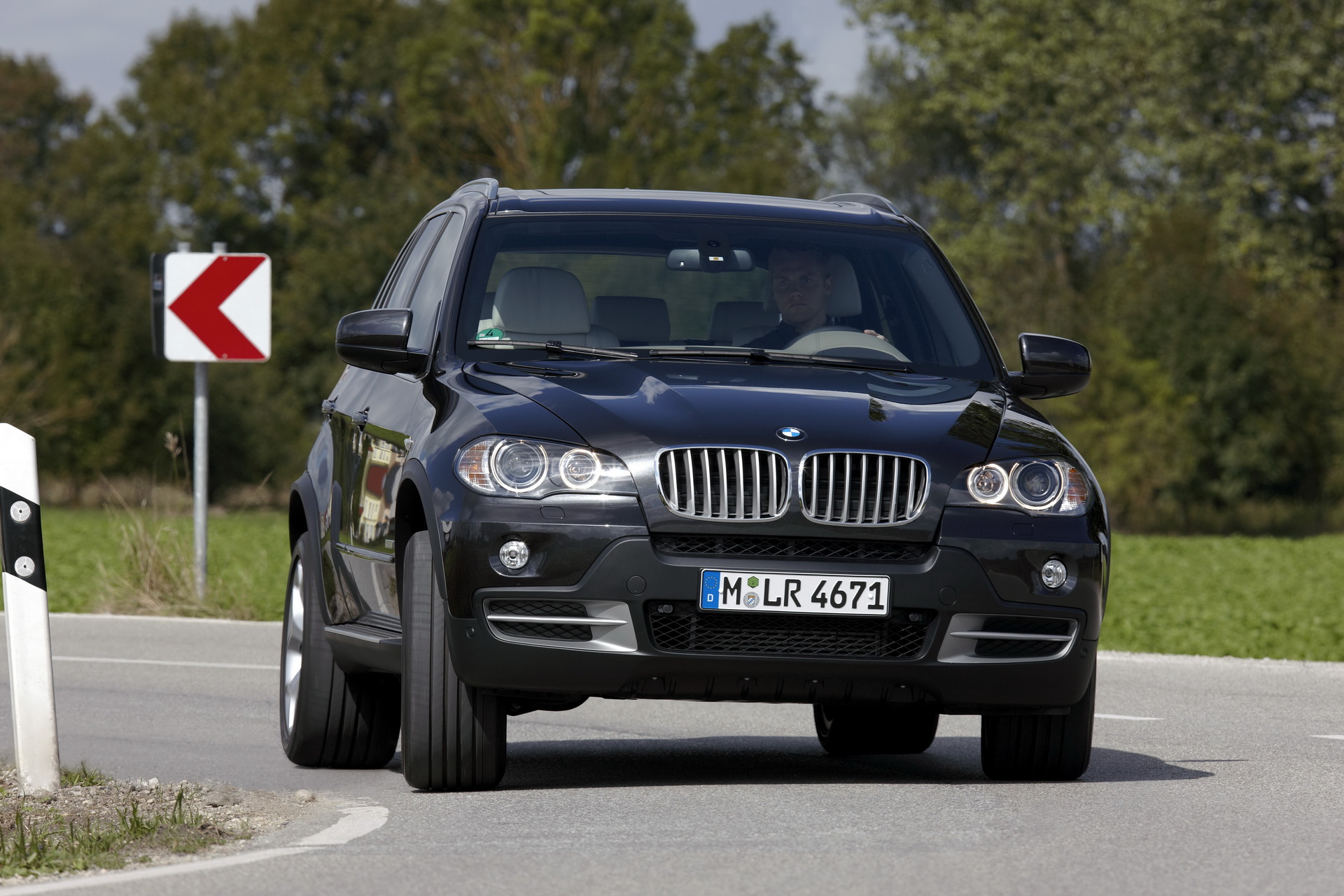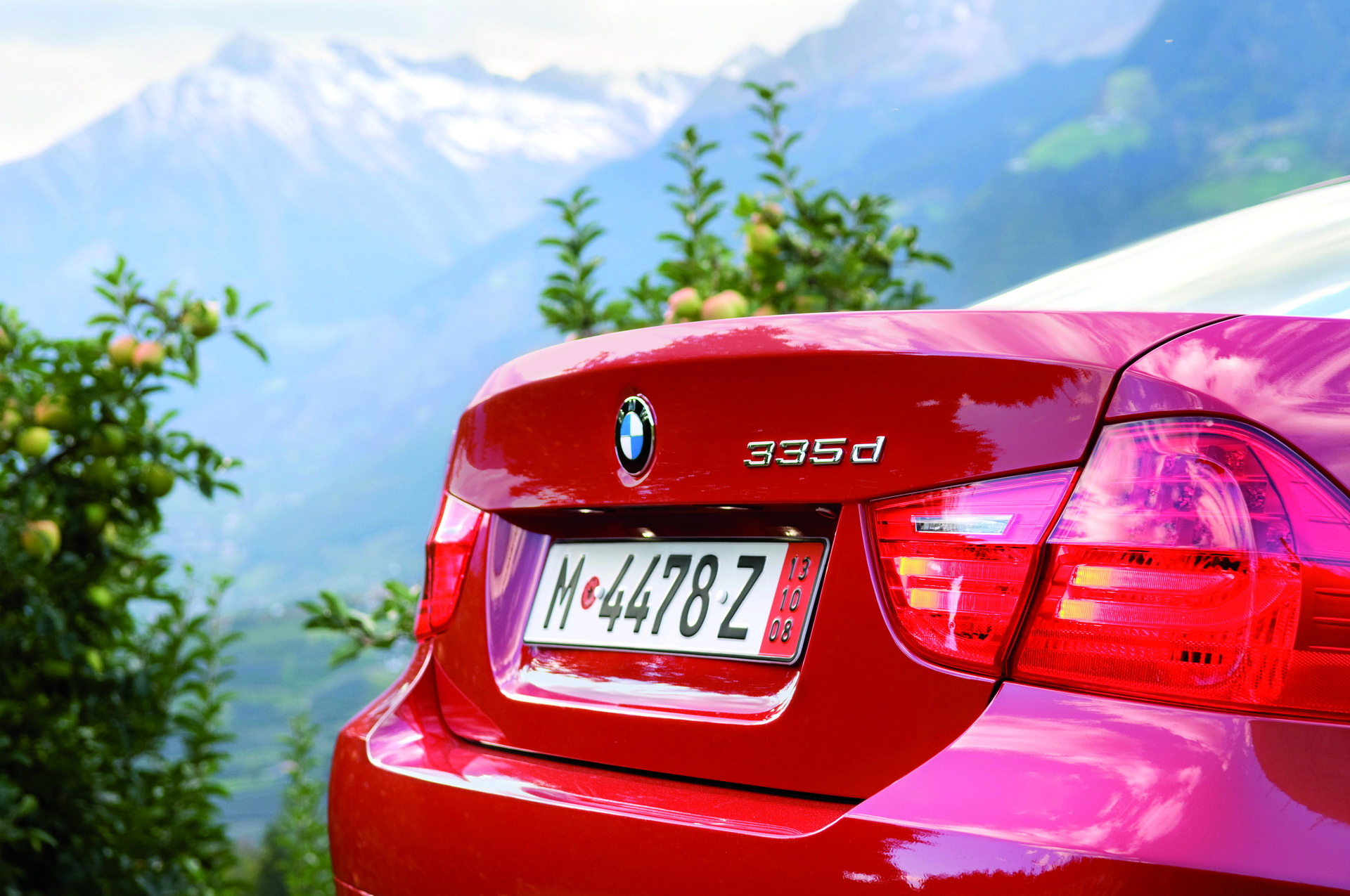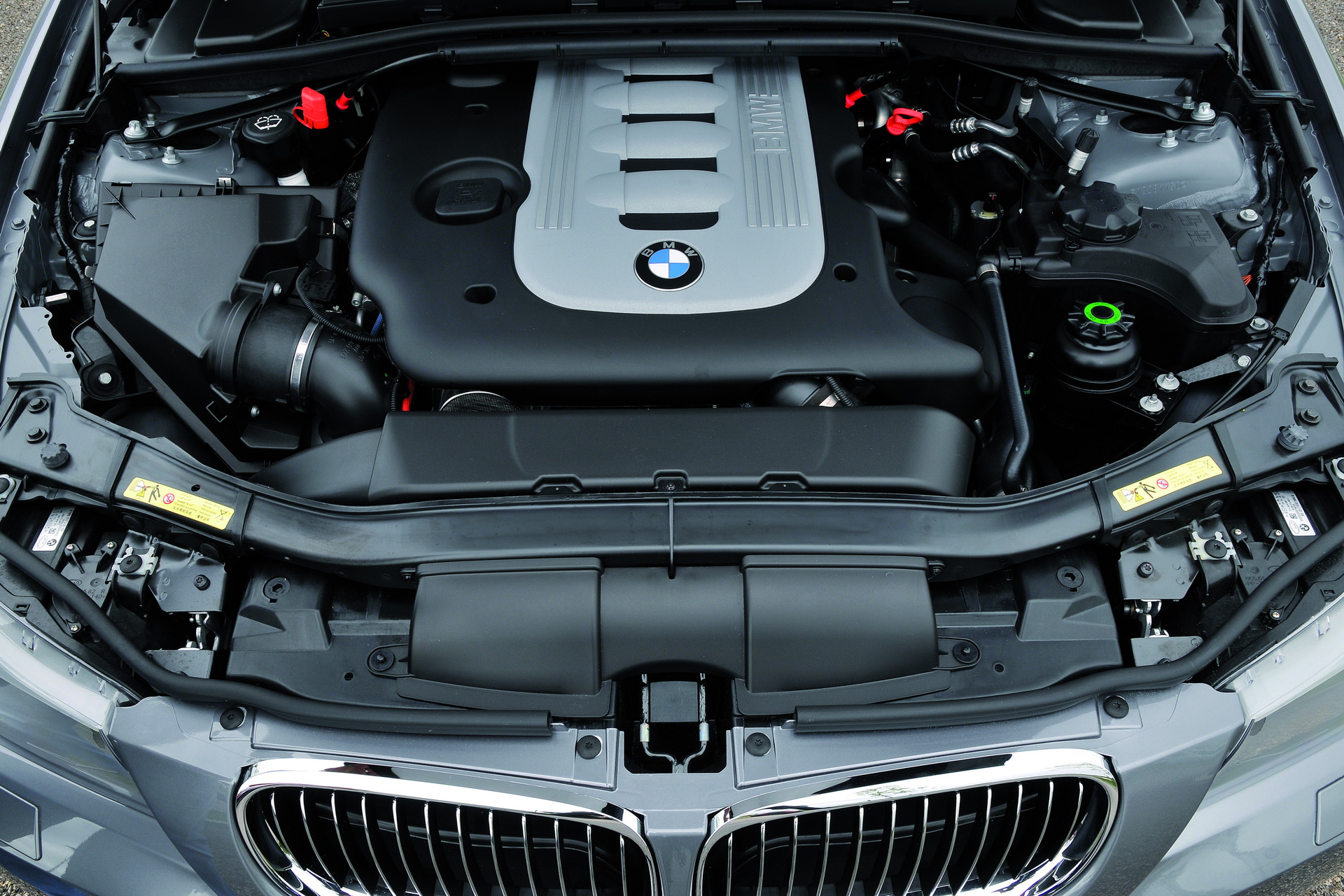Regulators from the European Union have opened an investigation to determine if BMW, Daimler, and the Volkswagen Group colluded to limit the development of car emission control systems.
On Tuesday, the EU Commission revealed it had received information that BMW, Daimler, Volkswagen, Audi and Porsche held meetings about technologies that limit a vehicle’s exhaust emissions. The investigation focuses on whether the automakers agreed not to compete against each other in developing and introducing the technology or not.
The probe focuses on diesel emission control systems which see urea injection into the exhaust to remove harmful nitrogen oxides. The probe is also looking at potential collusion over particulate filters used for petrol-powered vehicles.
German publication Der Spiegel reported last year that the carmakers had all agreed to limit the size of the urea tanks in their vehicles.
“If proven, this collusion may have denied consumers the opportunity to buy less polluting cars, despite the technology being available to the manufacturers,” EU Competition Commissioner Margrethe Vestager said.
In statements, the car manufacturers said that just because a probe has been opened, it doesn’t mean any violations will be found. Additionally, Daimler, Volkswagen and BMW said they are cooperating with the authorities, ABC News reports.
Fortunately for the ‘Circle of Five’ German car manufacturers, the EU Commission says there is no evidence that they colluded to develop defeat devices. As you’ll recall, these devices triggered dieselgate and have cost the Volkswagen Group more than $32 billion in fines, settlements, recalls, and buybacks.
In 2016 and 2017, the EU Commission fined six truck makers 3.8 billion euros ($4.43 billion) after it was discovered they had colluded on pricing and the timing of introduction of emissions technologies.



